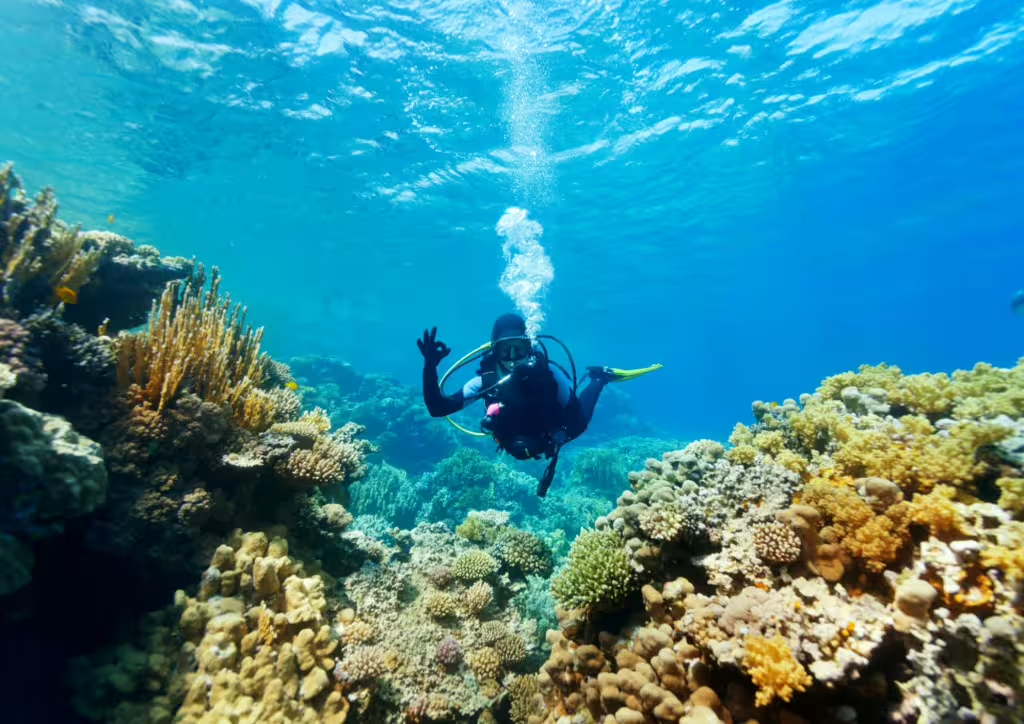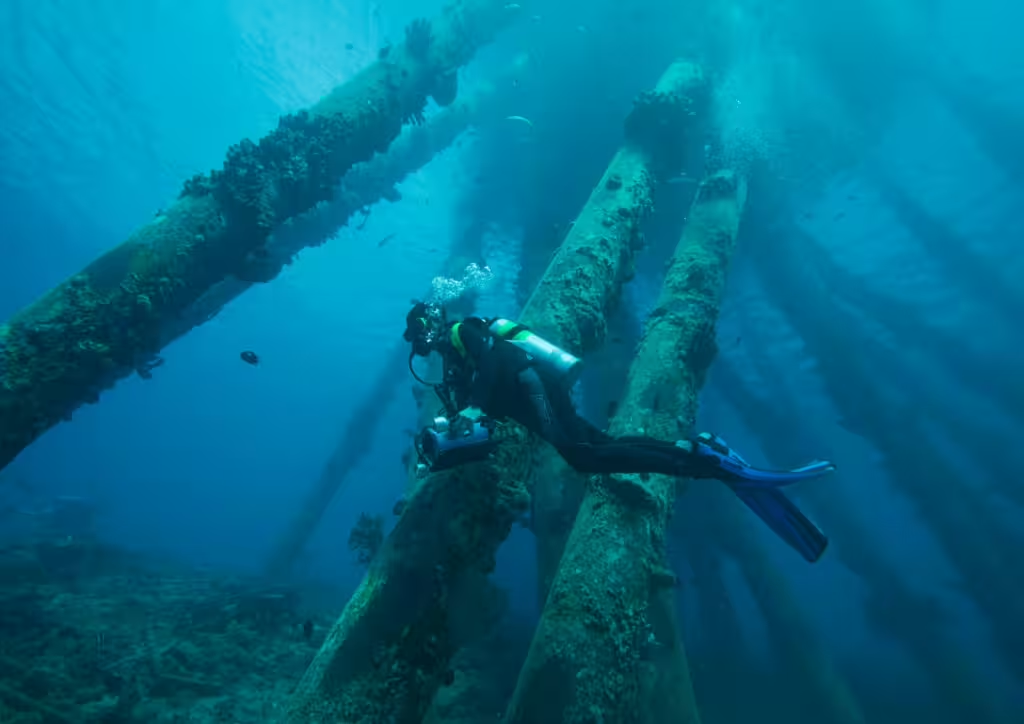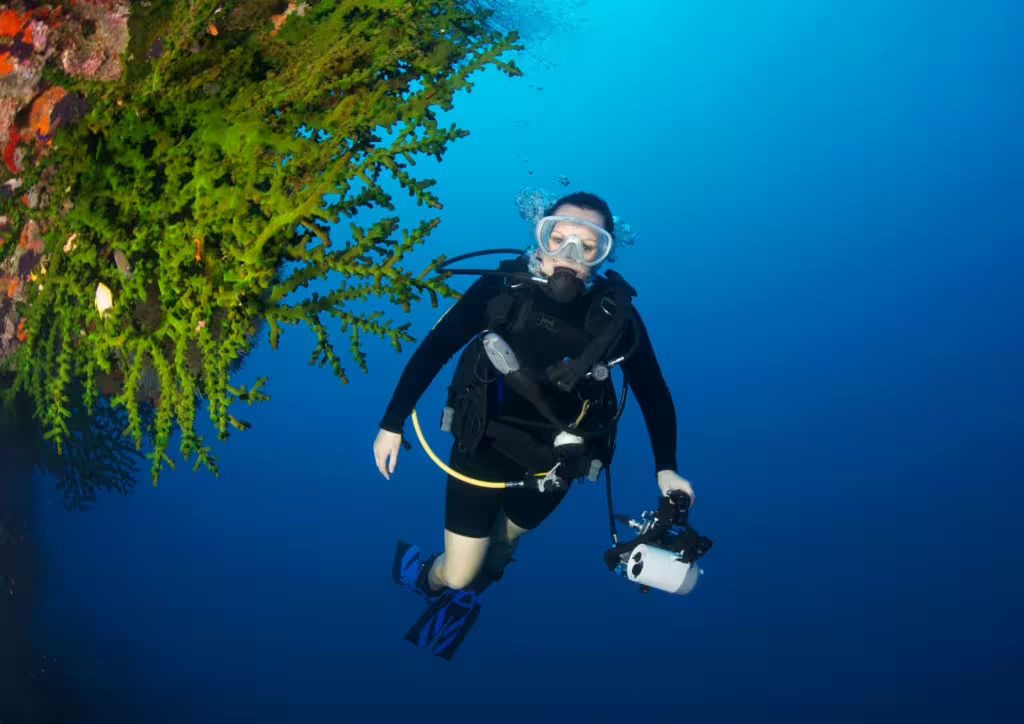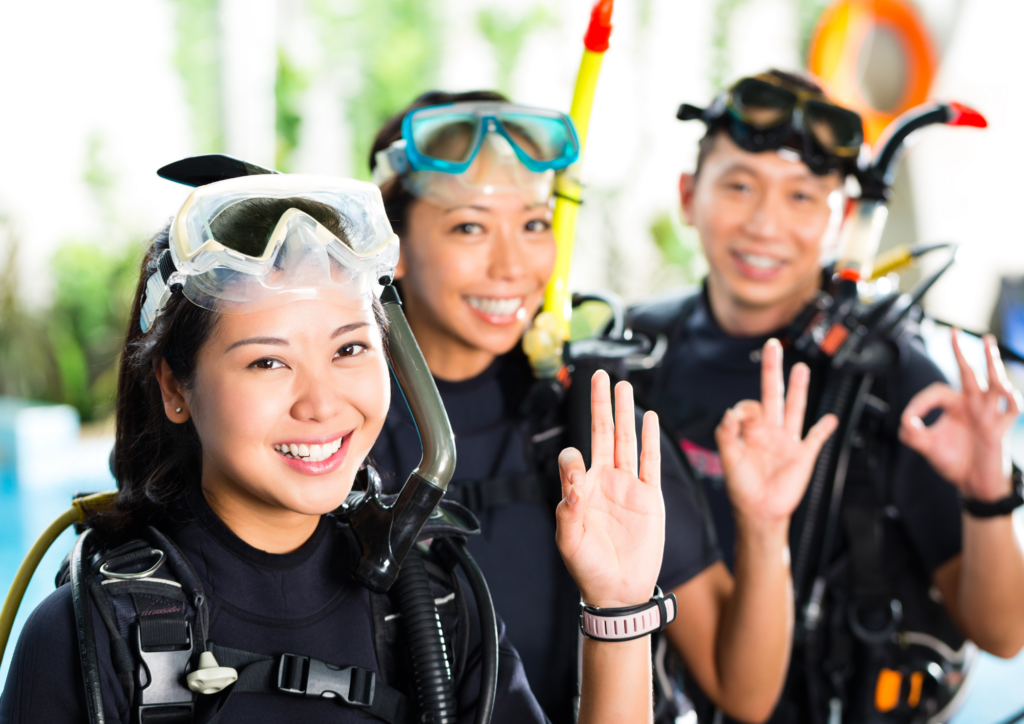Bali Open Water Diving Course is the perfect starting point for anyone eager to explore Bali’s breathtaking coral reefs and crystal-clear waters. Whether you choose Scuba Schools International (SSI) or the Professional Association of Diving Instructors (PADI), both offer comprehensive training to prepare you for the joys and challenges of the underwater world. While SSI emphasizes local dive sites and community connections, PADI offers global recognition and a wide range of courses.
Understanding these differences will help you pick the Bali Open Water Diving Course that best matches your learning style and goals. With the right choice, your Bali Open Water Diving Course will not only equip you with essential skills but also open the door to unforgettable marine adventures. Start your journey today and make the most of your Bali Open Water Diving Course experience in one of the world’s top diving destinations.
Understanding SSI and PADI: An Overview
When embarking on your Bali Open Water Diving Course, understanding the key players in scuba diving certification is essential. Scuba Schools International (SSI) and the Professional Association of Diving Instructors (PADI) are the two leading certification agencies, each offering unique approaches to dive training. PADI, founded in 1966, is globally recognized for its vast network of dive centers and instructors, while SSI, established in 1970, focuses on a more personalized and flexible learning experience with a strong emphasis on environmental awareness.
Both pathways can provide an excellent Bali Open Water Diving Course experience, but their teaching philosophies and structures may influence your decision. PADI leans towards comprehensive courses with strict safety protocols, whereas SSI integrates environmental education and local dive site knowledge into its programs. Choosing the right Bali Open Water Diving Course depends on your learning style and diving goals. Whether you opt for SSI’s flexibility or PADI’s worldwide recognition, the right Bali Open Water Diving Course will set you up for unforgettable underwater adventures in Bali’s spectacular marine environment.
Course Structures: What to Expect in Bali

When considering the course structures for the Bali Open Water Diving Course, both SSI (Scuba Schools International) and PADI (Professional Association of Diving Instructors) offer well-structured programs for aspiring divers. SSI’s Bali Open Water Diving Course typically emphasizes a personalized approach, with four days dedicated to theory and in-water training—two days in the classroom followed by two days of practical dives.
PADI’s version of the Bali Open Water Diving Course is often more flexible, allowing completion in as little as three days, with extensive online learning options for those who prefer self-paced study. Both agencies require a minimum of four open water dives with an instructor, giving students hands-on experience while exploring Bali’s stunning underwater world. Importantly, both SSI and PADI ensure their instructors are highly qualified, making the Bali Open Water Diving Course a safe, enjoyable, and valuable experience regardless of which certification path you choose.
Pricing Comparisons: Which is More Affordable?
When considering the costs of enrolling in a Bali Open Water Diving Course, it’s important to compare pricing between SSI (Scuba Schools International) and PADI (Professional Association of Diving Instructors). While both offer competitive rates, SSI courses are often slightly more affordable, averaging $350–$450, compared to PADI’s $400–$500. When selecting your Bali Open Water Diving Course, review what’s included in the package—some dive shops provide all necessary materials and training, while others may charge extra for certain gear or services.
Beyond tuition fees, remember to factor in equipment rental costs, which can add $100–$300, although some centers offer bundled discounts if you book their Bali Open Water Diving Course. Promotions, group rates, and seasonal offers can also make a big difference in total cost. By researching and comparing options, you can find the Bali Open Water Diving Course that best matches your budget and diving goals while enjoying the stunning underwater scenery Bali has to offer.
Global Recognition: Certification Value in Bali and Beyond

When it comes to choosing between SSI and PADI certifications for your Bali Open Water Diving Course, global recognition plays a crucial role in your decision-making. Both SSI (Scuba Schools International) and PADI (Professional Association of Diving Instructors) are well-established organizations that offer internationally recognized diving certifications. In Bali, a major hub for diving enthusiasts, both certifications are widely accepted among dive shops and tourism operators.
However, PADI holds a slight edge in terms of sheer ubiquity, making it a popular choice for those aspiring to work in the diving industry or travel across various destinations where PADI certifications are commonly preferred. That said, SSI has been gaining traction and is respected for its emphasis on environmental awareness and diver safety, making it a viable option as well.
Thus, the choice between them may influence your job prospects and opportunities for further training based on the region you plan to dive in post-certification. Furthermore, the recognition of your certification not only impacts your immediate opportunities in Bali but also sets the stage for your future in diving.
Employers may view PADI as a standard qualification, particularly in tourist-heavy areas, while SSI’s focus on sustainable diving practices can appeal to operators that prioritize environmental stewardship. If you’re considering future courses, both certifications have pathways for advanced training and specializations, but knowing that PADI may have a broader global reach could be an essential factor. Ultimately, selecting a certification that aligns with your personal diving goals and values can pave the way for exciting adventures in Bali and beyond.
Student Experience: Testimonials and Reviews
The experiences of former students often play a crucial role in deciding between the SSI and PADI open water diving courses in Bali. Testimonials reveal that many divers have found the SSI courses to be exceptionally well-structured, with a strong emphasis on developing practical skills in a relaxed environment. Students appreciate the personalized attention from instructors, often citing small class sizes that enhance their learning experience.
Reviewers have highlighted how the SSI teaching methodology incorporates a blend of theory and practical knowledge, allowing divers to build confidence from the get-go. Overall, SSI students frequently express high satisfaction levels regarding the immersive experience and comprehensive support throughout their diving journey in Bali. On the other hand, PADI reviews often emphasize the brand’s global recognition and standardization, which some divers find reassuring when planning future dives internationally.
Students have shared positive experiences in their PADI courses, focusing on the extensive resources available and the structured format that aids them in mastering diving techniques. Many appreciate the vibrant community that comes with being a PADI diver, highlighting the excitement and camaraderie of group dives. Collectively, these testimonials and reviews provide valuable insights into both courses, helping prospective divers assess which certification aligns best with their needs and learning styles.
Choosing the Right Path: Tips for Decision-Making

When deciding between SSI and PADI for your Bali Open Water Diving Course, it’s essential to assess your personal diving goals and learning preferences. Both organizations offer strong certification programs, but they differ in course structure and teaching methodologies. For instance, SSI tends to emphasize a more hands-on approach with its teaching, allowing you to learn at a comfortable pace, which can be ideal for those who prefer a gradual learning experience.
On the other hand, PADI is known for its structured approach with a clear progression guide, which may appeal to those who thrive in organized environments. Understanding your learning style can be a game-changer in making the right decision. Additionally, consider the specific aspects of each program that align with your interests and preferences.
Think about factors such as pricing, accessibility of local dive shops, and the level of after-course support offered. SSI certifications can sometimes be more affordable or provide greater access to local dive centers, while PADI is globally recognized, which may be beneficial for future diving opportunities around the world. Assess these elements carefully, as aligning your choice with your diving ambitions will ensure a more fulfilling and successful underwater experience in beautiful Bali.
Making the Right Certification Choice for Your Bali Adventure
In conclusion, both SSI and PADI offer excellent programs for obtaining an Open Water Diving certification in Bali, each with its unique strengths. SSI focuses on a more personalized teaching approach, delivering comprehensive knowledge and skills through its modular courses. This could be particularly beneficial for those who prefer a more hands-on, interactive learning experience. On the other hand, PADI’s global recognition and extensive network of dive centers provide unmatched convenience and accessibility for divers planning to dive worldwide.
Your choice between SSI and PADI should align with your personal learning style and future diving aspirations, ensuring that you feel confident and well-prepared for underwater adventures. Ultimately, whether you opt for SSI or PADI, both certifications provide a solid foundation for exciting diving experiences in Bali’s stunning marine environments. Each organization equips divers with essential skills for safe scuba diving while fostering a deep appreciation for the underwater world. Regardless of which certification you choose, the vibrant coral reefs and diverse marine life of Bali await you, promising an unforgettable adventure beneath the waves.

